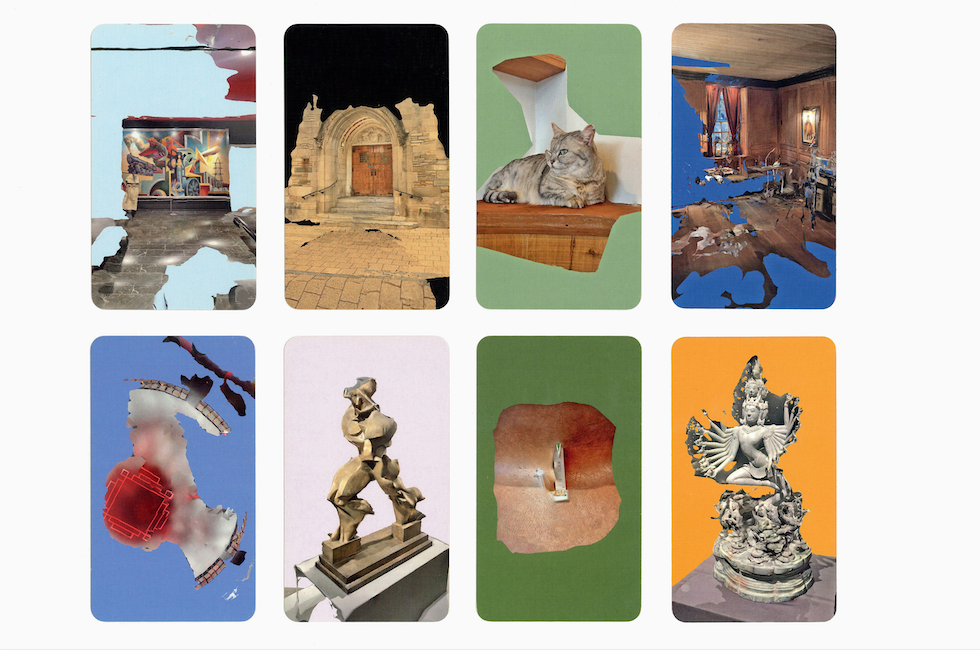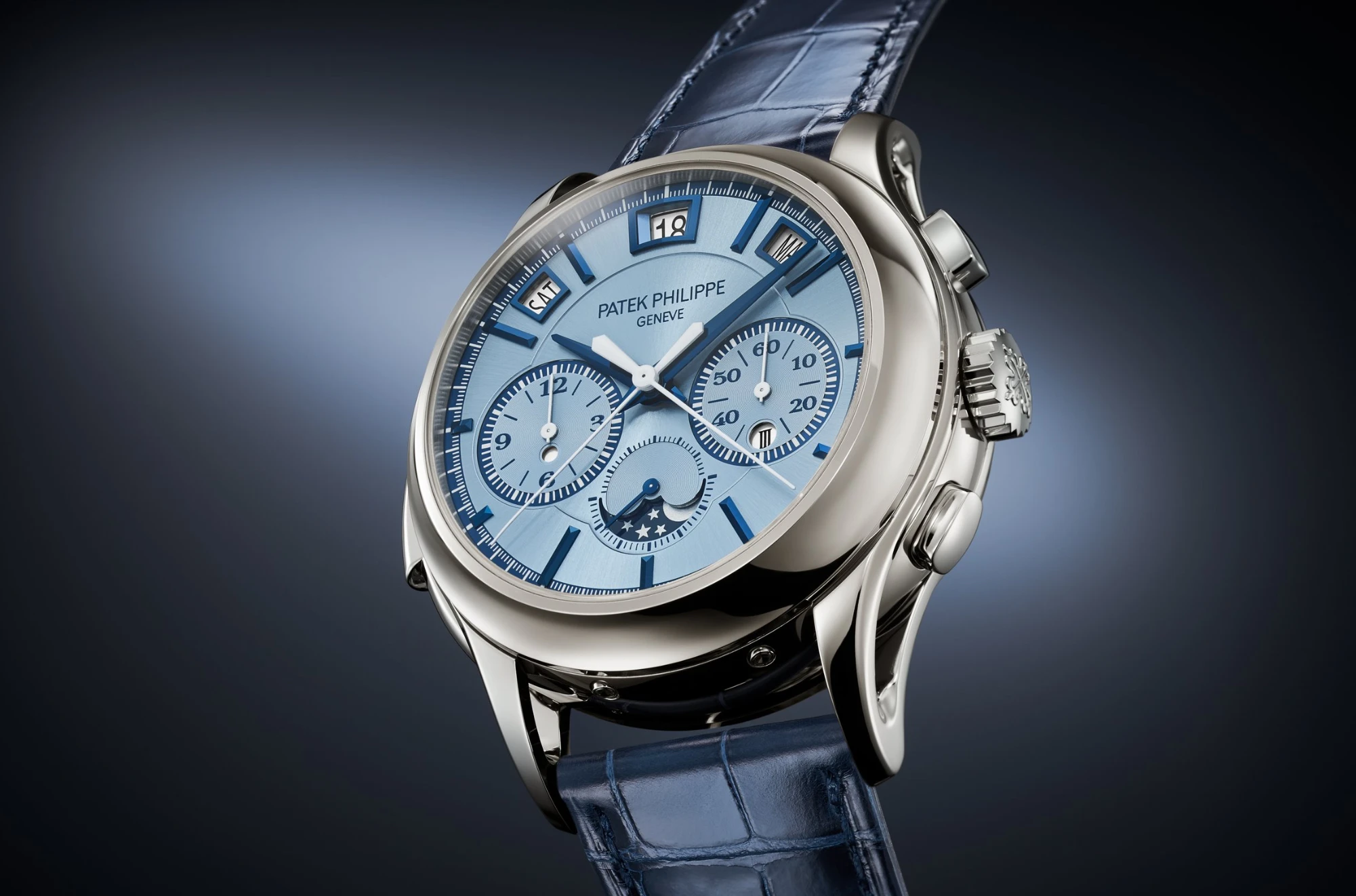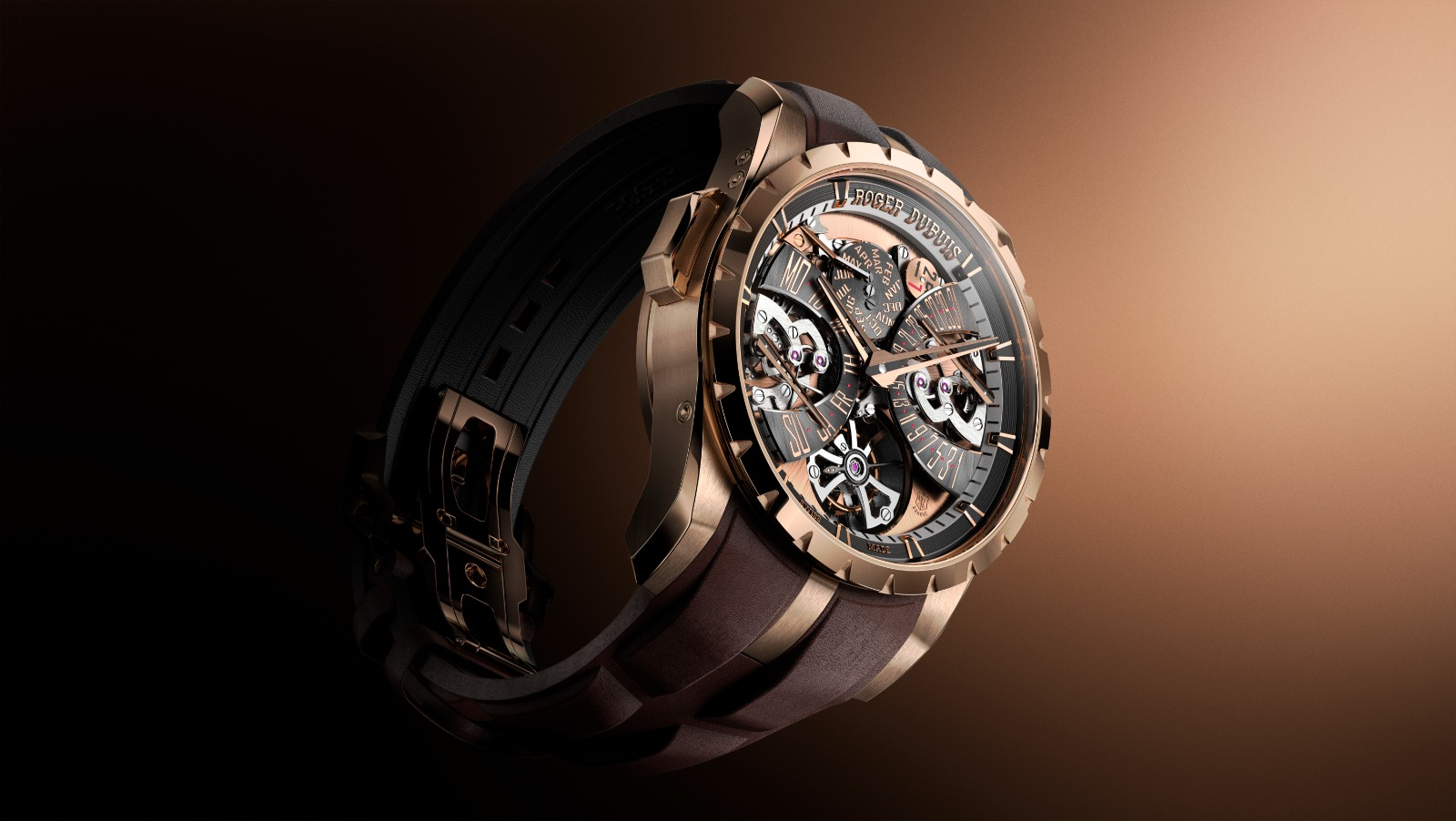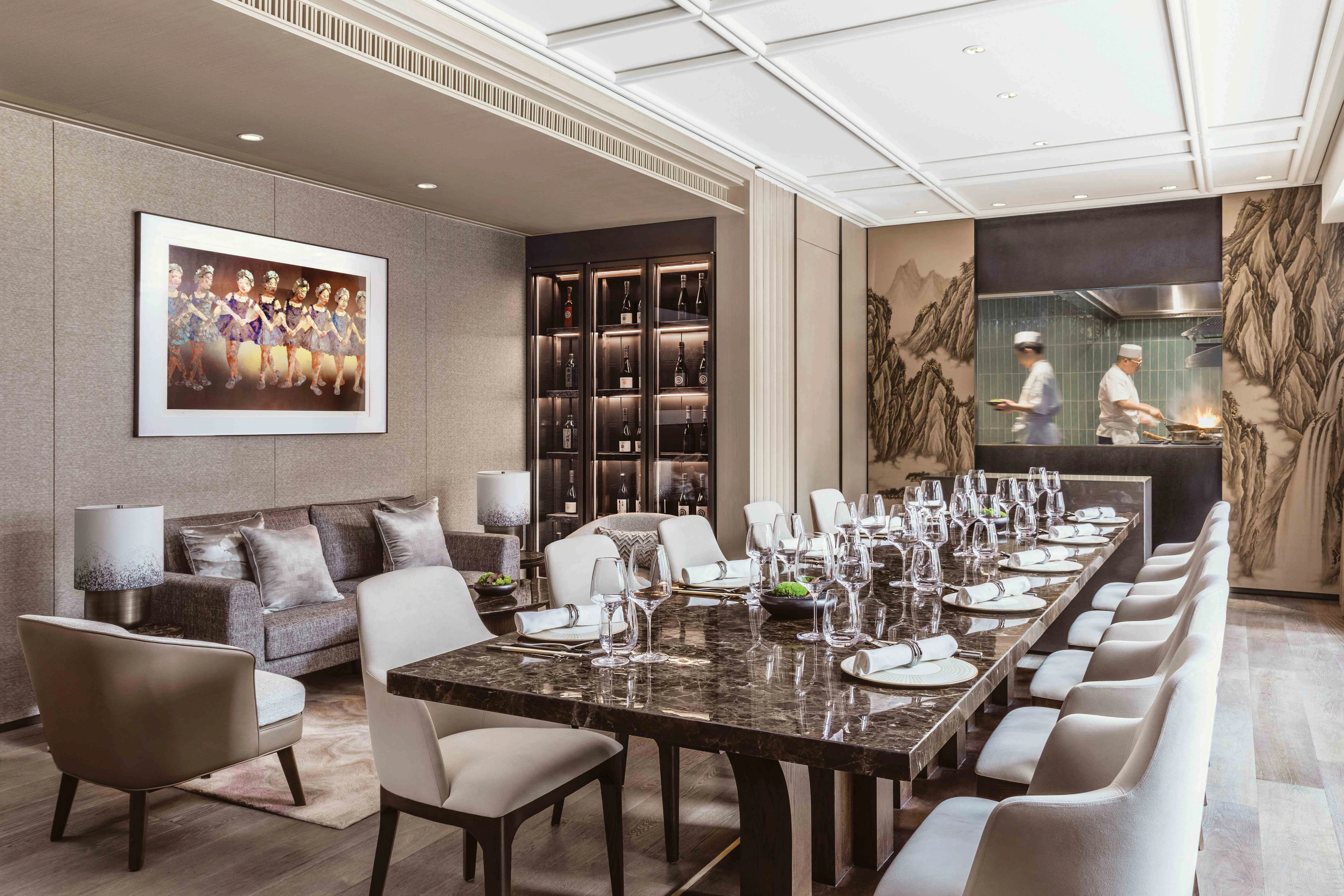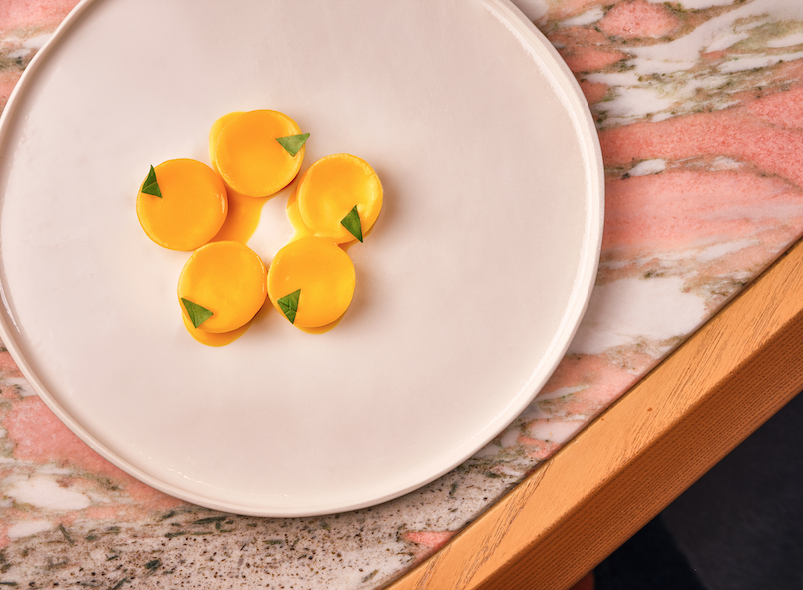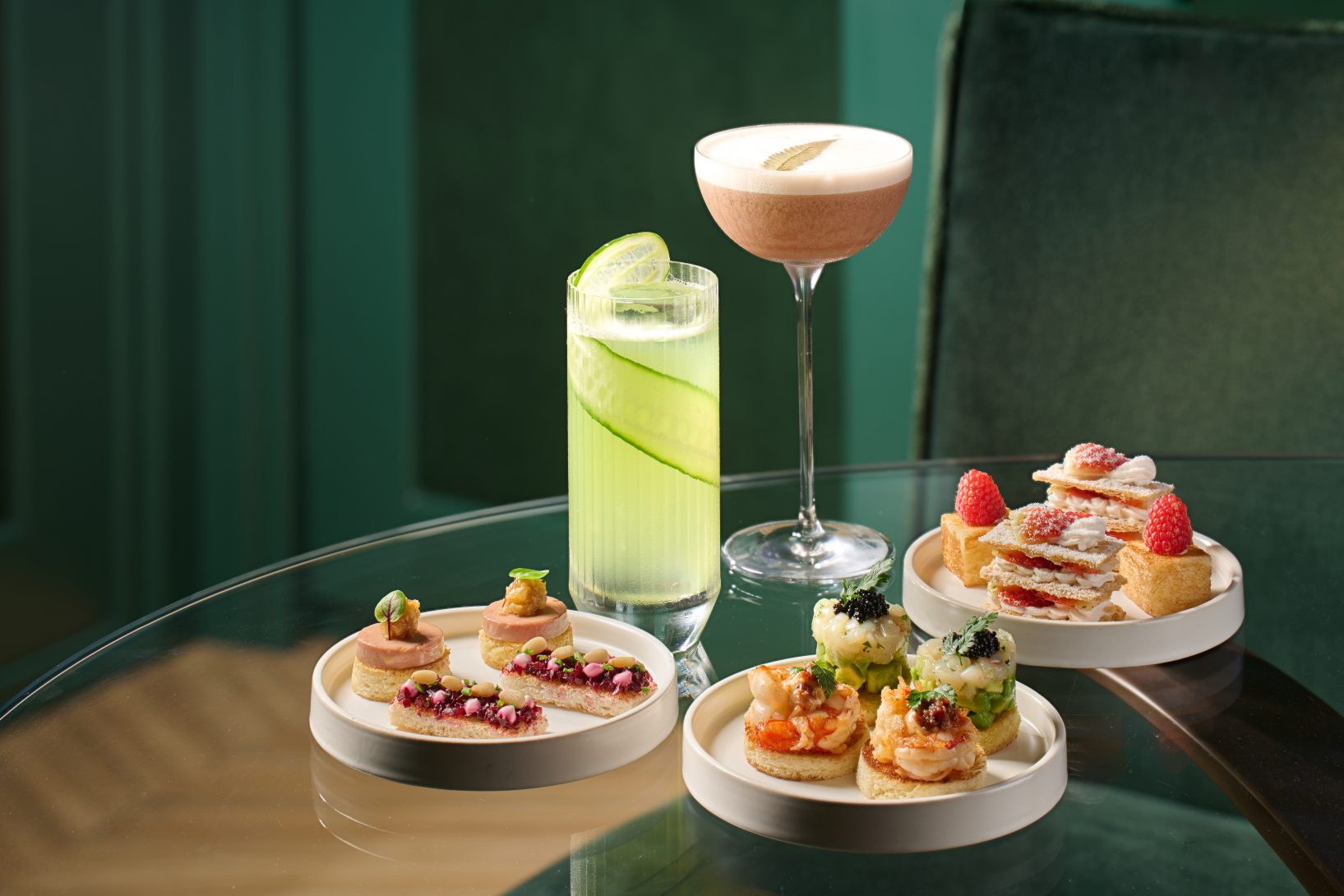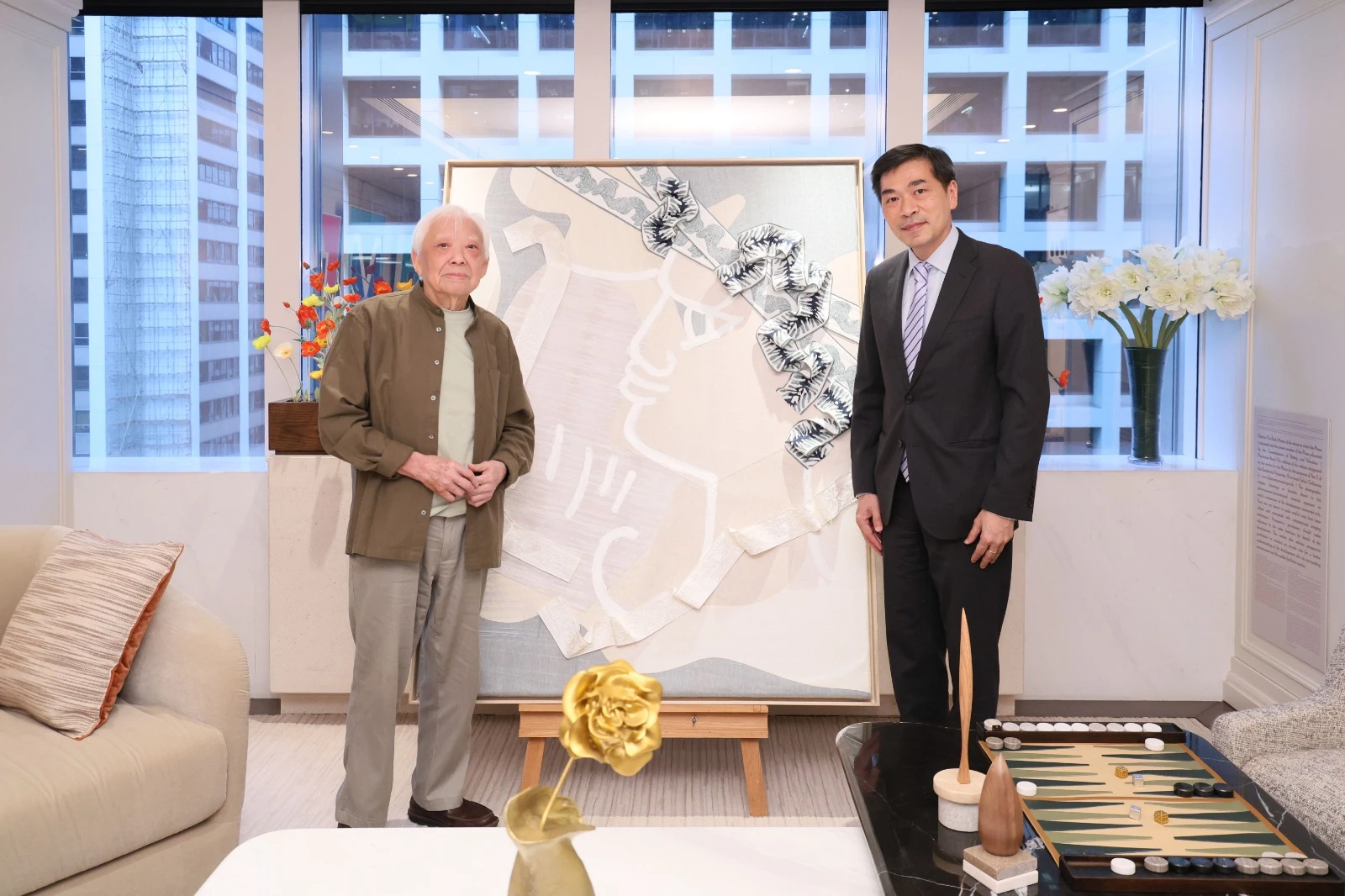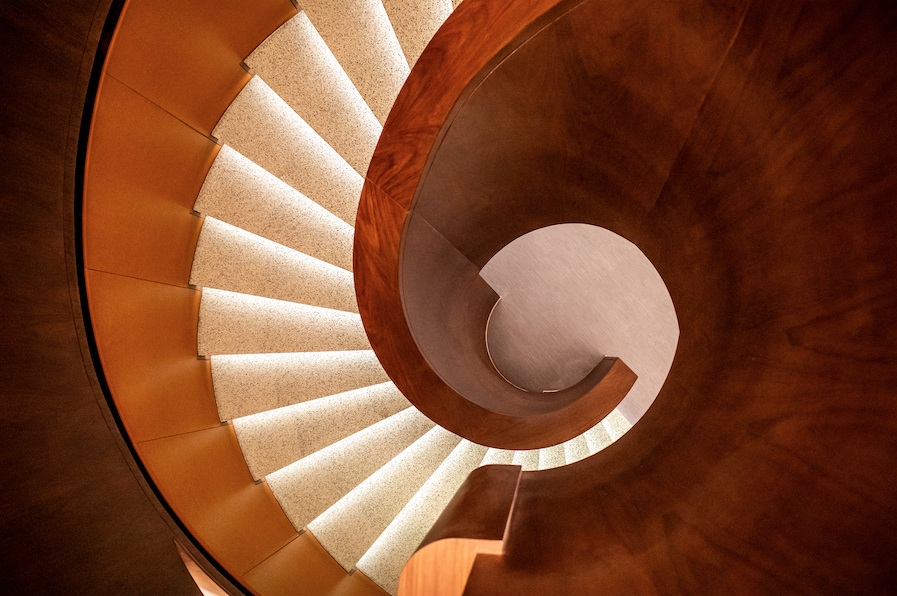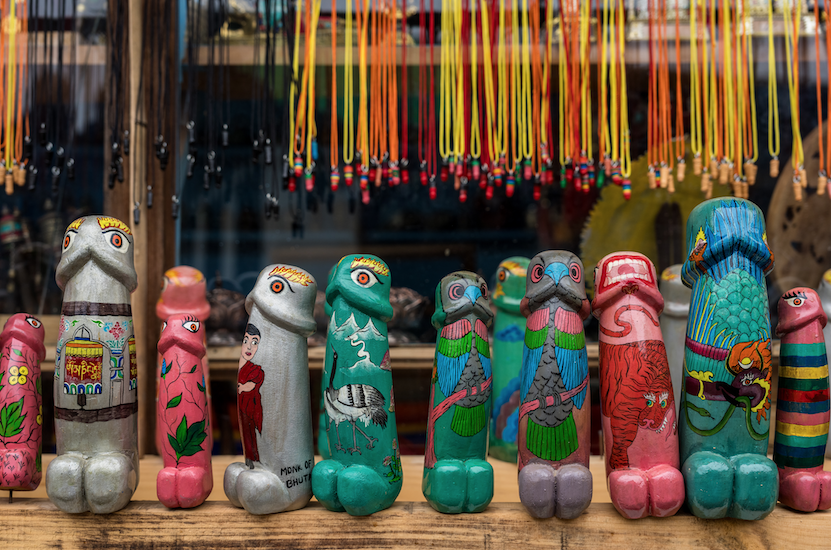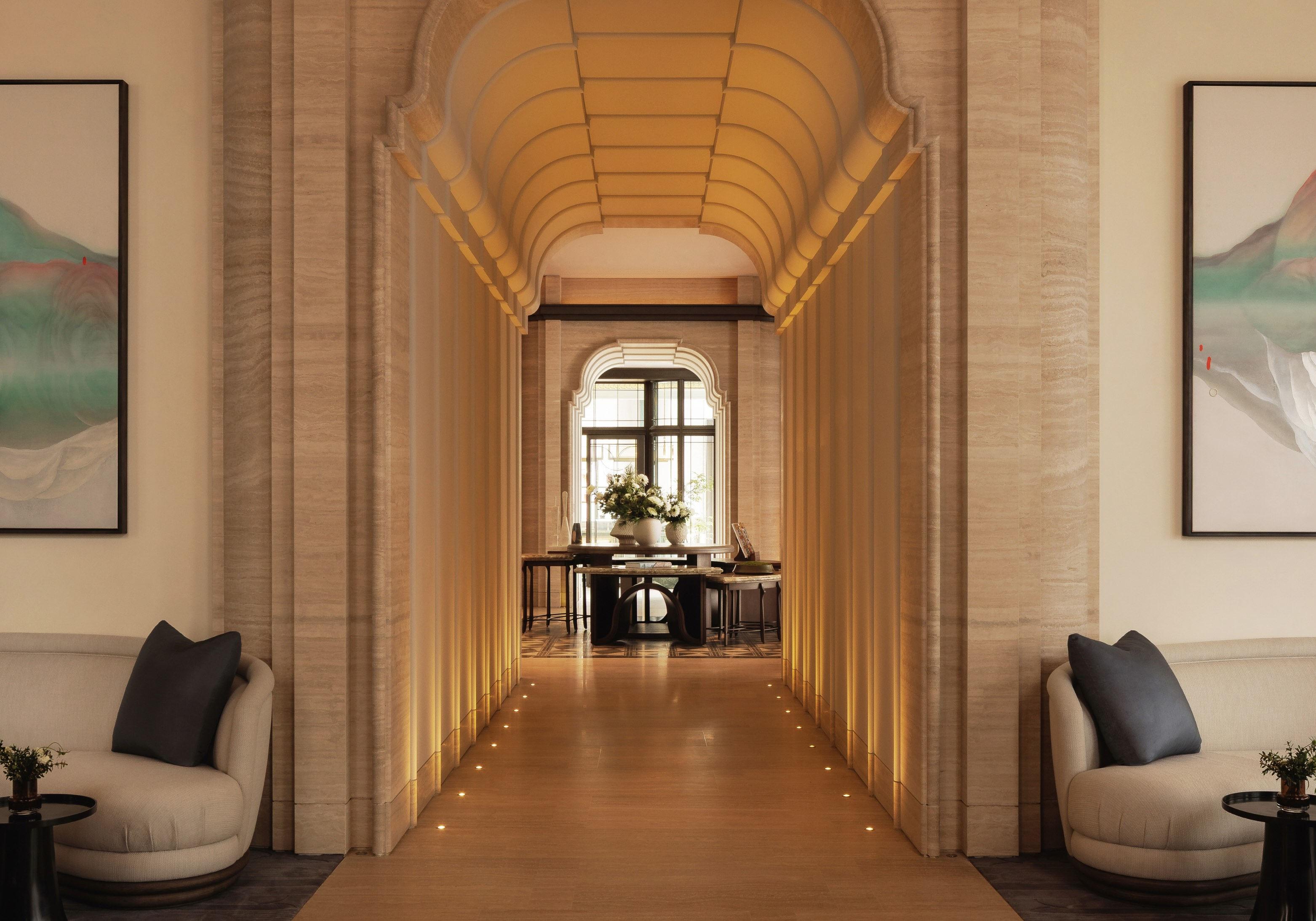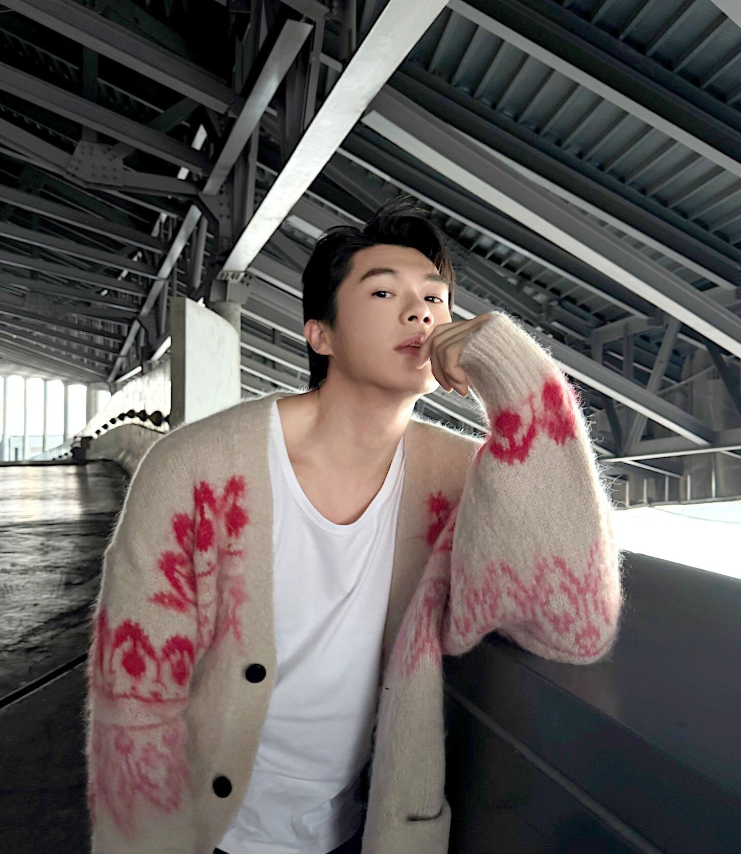Beijing's Red Hot Dining Scene
Jun 01, 2016
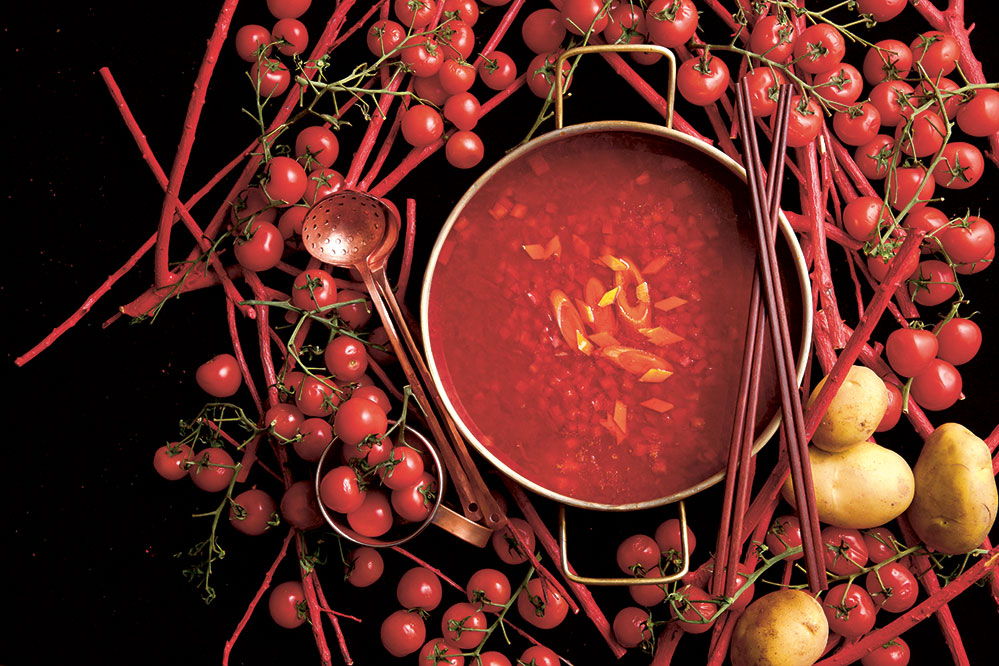
Beijing’s impressive catalogue of big-city assets had a big gap until recently. The city could boast cultural depth, extraordinary architecture – new and old – boundary-pushing contemporary art and ancient treasures galore, but when it came to food and drink, the range and quality fell short of what a capital city should have. That lack has been more than filled by a wave of new restaurants, nightspots and bars that are in line with Beijing’s world-class credentials.
The city now has a high-end nightclub where young Beijingers knock back complex cocktails. It has more and more bars offering craft beers. It has a gourmet restaurant serving Scandinavian fare, and a hotel eatery that has refined the dishes of the northern Chinese countryside and redefined Peking Duck. Just three years ago there would have been a limited number of takers for such specialised and sophisticated places.
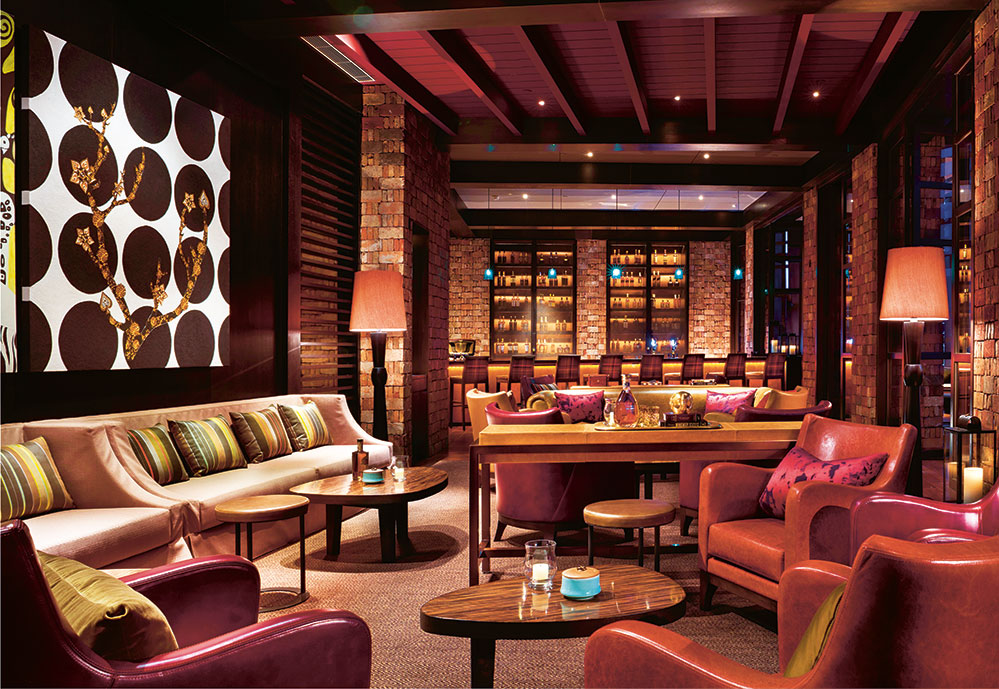
Fine dining in Beijing has been given impetus by Belgian restaurateur Ignace Lecleir, who ploughed his life savings into the pioneering Temple Restaurant Beijing. Lecleir was convinced that there were enough ardent foodies, Chinese and foreign, to support the venture. They may have to brave freezing temperatures on midwinter evenings to enjoy it, but the French-style food is exquisitely prepared and served by solicitous waiters in the compound of a temple where once Tibetan Buddhist scripts were prepared for presentation to Ming emperors. The restaurant was an instant success and vindicated Lecleir’s far-sightedness.
“There was a big possibility it might not work out. It was like going to the casino,” Lecleir says. “I thought I would give it everything and be ready for a big disappointment,” he says. “There is a bit of everything on the menu, some that is pushing fine dining and some that is maybe more like a high-end brasserie.” Among the dishes ordered most frequently are short ribs, braised all day and served with bread dumplings, and foie gras with lobster and truffle mayonnaise. The wine list has unusual selections from the New World and the Old World, along with vintages from the finest Chinese wineries such as Grace Vineyard, Silver Heights, Chateau Helan Qingxue and 1421.
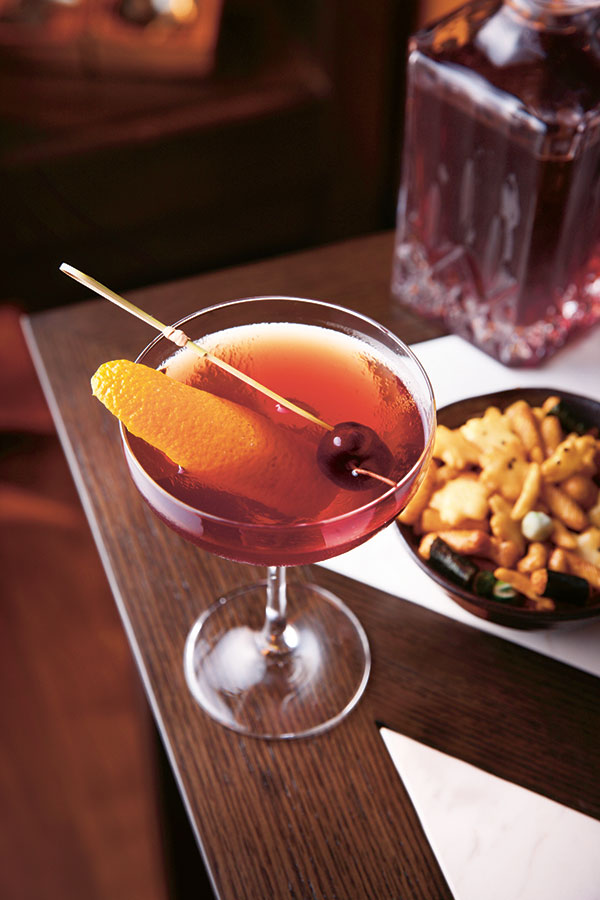
Buoyed by the success of Temple Restaurant Beijing, Lecleir took over The Courtyard, a restaurant occupying a building that looks out over the walls and moat of the Forbidden City, and renamed it TRBBites@TheCourtyard. Lecleir thoroughly spruced up the place, creating a bright and breezy environment, the tables being positioned to make the most of the huge windows. The view is enchanting at any time of year, but is particularly magical in winter when the moat is frozen solid. The diners are affluent young Chinese who like to experiment and share when on forays into the world of Western food, a reality reflected in the menu that is easy to order from and the dishes it lists fun to eat. They include pork loin with mustard seeds and squid with cauliflower puree.
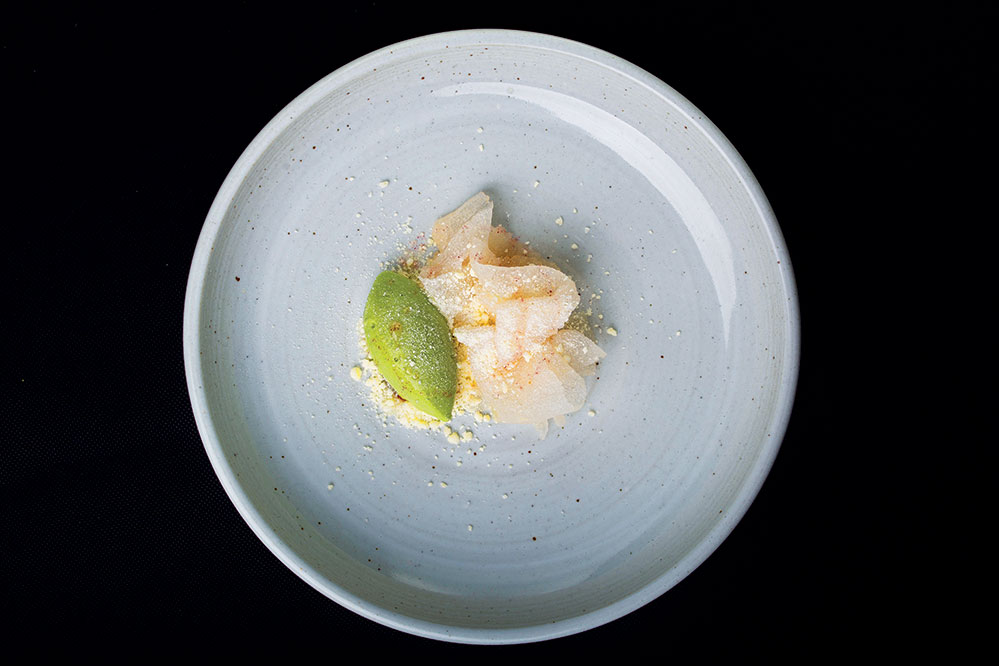
A more highbrow experience is to be had at The Georg by Georg Jensen, the latest smart restaurant in Beijing. The restaurant is in the building that serves as the showcase for the brand. The building is a modern reproduction of the traditional courtyards in the rough and ready hutong, or alleyways, round about – many of which are fast being replaced by a less atmospheric but more up-to-date townscape. Diners can opt for the cafe or the dining room. The restaurant has Beijing’s only Scandinavian- inspired gourmet menu. The dining room is candle-lit and has a hushed, temple-like ambience. It is the sort of place for special occasions and lingering over dishes such as grilled parsnip with squid and black garlic, duck breast with beetroot and potato cream, and slow-cooked short rib with carrot and turnip.
“It is a very intimate place,” general manager Stefano Censi says. “It is not an intrusive dining experience. We like to have a bit more fun around service and food. You don’t get interrupted every 10 minutes and sit and have to listen to 95 ingredients being presented to you.” Censi was brought in from Copenhagen to set up the business. “I feel that Beijing is open to trying new things,” he says. “Beijing is finding its scene. I like to compare it to American wine. It only became good when they started making it in their own way, rather than making French wine or trying to make French wine.”
A hop, skip and jump away from The Georg is one of the city’s roughest and readiest hutong, a chaos of noodle shops, overflowing rubbish bins, stinky public toilets, old timers in fraying pyjamas squatting on stools and the odd Peking opera wannabe in full voice. It is not the obvious place for a tony boutique hotel with aspirations to appeal to foodies. Yet The Orchid has carved out a niche in the market as a place for visitors wishing to get a sense of Beijing urban life in the raw without forsaking their creature comforts, being set far enough back from the street for the noise and smell to fade into the background. Canadian Joel Shuchat’s hotel has 10 luxurious rooms arranged around a tiny courtyard and a rooftop terrace. Shuchat has made clever use of the confined space to squeeze in a cosy restaurant, Toast.
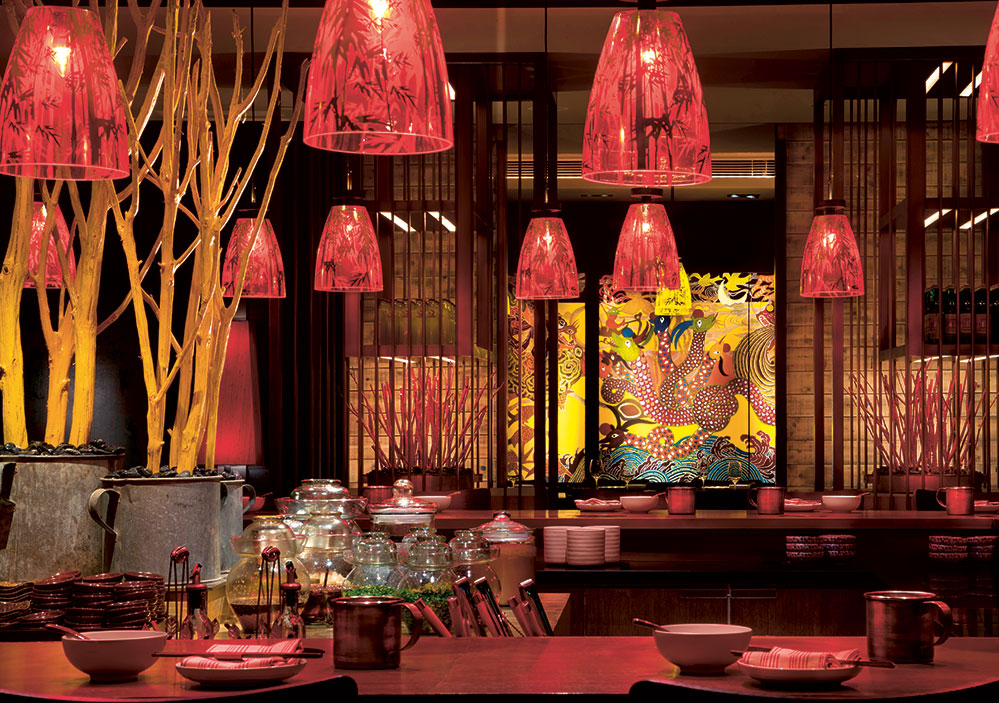
Toast’s hearty weekend brunches have earned it a sterling reputation. It is a gem of a place, well worth visiting for coffee, a drink or something solid.
The city’s newest five-star hotel, the Rosewood Beijing, is bigger, but has boutique- ish elements, having a giant mural in the lobby and being liberally sprinkled with specially commissioned works of art and old-fashioned artefacts. The main Chinese restaurant is atypical in having quasi-rustic decor, in serving simple country dishes made with fine ingredients – and in being called Country Kitchen. Appealing to a taste for the rural is risky in a city where brashness and bling are still the norm, but the ploy worked, the place being packed every night. The pick of the crop is the Peking Duck.
Organically grown ingredients, where available, give extra authenticity to noodle and dumpling dishes made in the northern Chinese manner. The dishes that stand out are the hand-cut Beijing noodles with soy paste, the Qing Dynasty pork belly with braised cabbage, the sizzling beef with chilli and coriander and the spiced lamb on skewers. The food and surroundings may waft diners back to the countryside of the past, but the view from the terrace jolts them into the city of the future. The Country Kitchen looks southeast over a cityscape dominated by the CCTV Headquarters building, a marvel of modern architecture which Beijingers affectionately call the Trouser Legs because of its shape.
The Rosewood Beijing also has a more formal Chinese restaurant, a bistro and a hotpot restaurant, the Red Bowl. The Red Bowl is a cut above typical hotpot restaurants in Beijing, which tend to be noisy, cheap and cheerful. It may well be among the poshest hotpot spots anywhere. It has Canadian oysters, Australian beef and New Zealand lamb – ingredients unheard of in the backstreet eateries. It even has a range of hotpot bases to choose from: traditional Beijing leek and ginger broth, wild mushroom broth, black chicken feet with rose leaves broth, and seafood congee. And dining there is unlikely to break the bank.
In contrast, having a good time in the hotel’s swish nightclub, Mei, will definitely give your credit card a sweaty workout. The club attracts a coterie of big-spending entrepreneurs, celebrities and models, who can order 1971 Dom Pérignon for almost 50,000 yuan a pop or a 1982 Lafite for 72,000 yuan a bottle. But most of the customers are affluent young Beijingers who shun the seclusion of the private rooms, preferring the buzz of the main room and its energetic live band, where they can flaunt their designer gear, sip elaborate cocktails and shake a leg on the dance floor. Sophisticated places such as Mei are still thin on the ground in Beijing, where karaoke and clubbing remain the most popular way of filling the hours between midnight and dawn. But Janes and Hooch passes muster. The place is modelled on an American speakeasy, with an anonymous brick exterior and unobtrusive signs. You can just imagine Al Capone and his gang whiling away prohibition-era nights there.
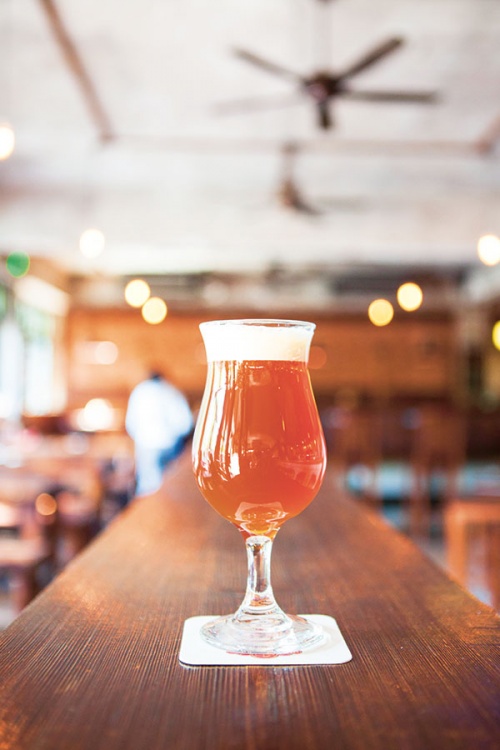
Janes and Hooch is just across the street from Jing-A, one of Beijing’s ever-expanding collection of craft-beer bars. Jing-A is known for its wryly named Workers Pale Ale and Flying Fist IPA. The craft-beer bars attract a mixed crowd, making them great places to observe the new Beijing. At one table may be a gaggle of office workers getting their first taste of real ale and real burgers. At another may be a set of old China hands. The adjoining booth could be occupied by young tech entrepreneurs sipping pale ale as they fine-tune a money-spinning app on their MacBooks.
The trailblazer for craft beer in Beijing is an American brewer, Carl Setzer, who founded the pioneering bar Great Leap Brewing, the first of a chain of three. Setzer’s winning formula is straightforward: take a range of up to 20 beers – always including his flagship Honey Ma Gold, with its infusion of Sichuan pepper – and add tasty burgers, pizza or fish and chips. Another American entrepreneur runs the Slow Boat Taproom.
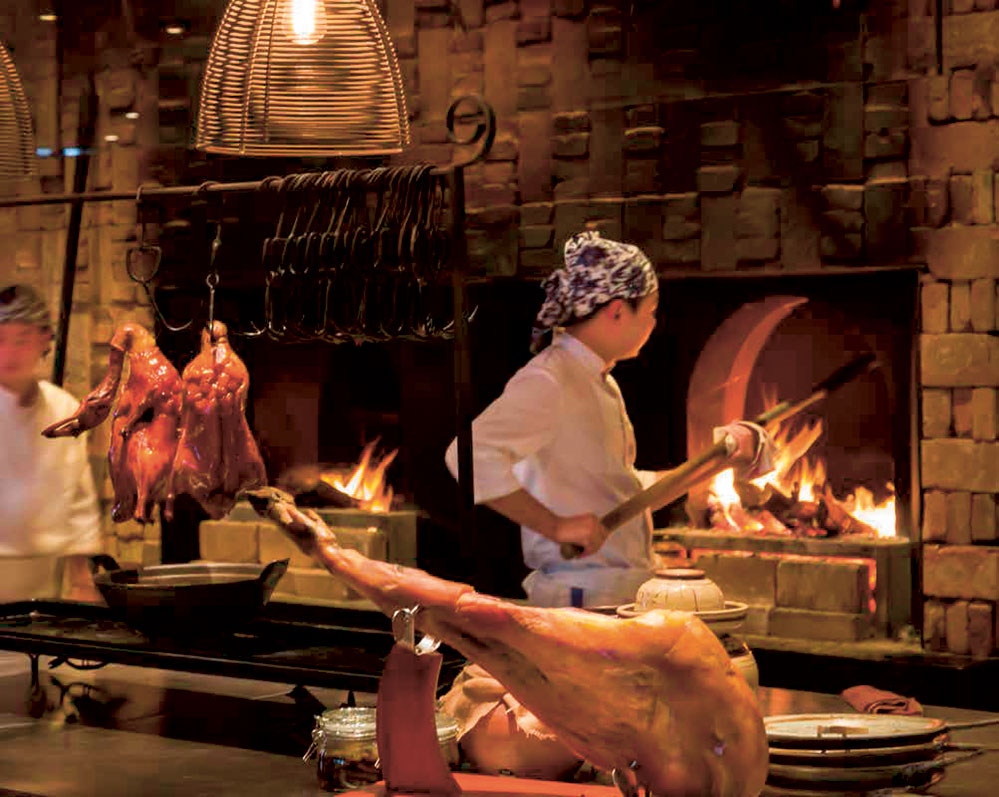
The patrons of these places – be they bars, nightspots or superior restaurants – are Beijing’s more curious, cosmopolitan people. The traditional manner of dining out and entertaining, with its predictable rituals, has limited appeal for outward-looking Beijingers, who demand newer and more advenurous options. The East, Beijing hotel has a popular nightspot called Xian. “We have seen the unleashing of the Chinese consumer,” is how the hotel’s general manager, Michael Faulkner, puts it.
“Chinese travelling overseas have opened their eyes to new food styles and design, and you see trends emerging from that such as eating organic produce.
The changes are very fast and you have to be flexible in terms of menu items and service style.” That supply is beginning to meet demand is uplifting news not only for Beijingers but also for visitors.
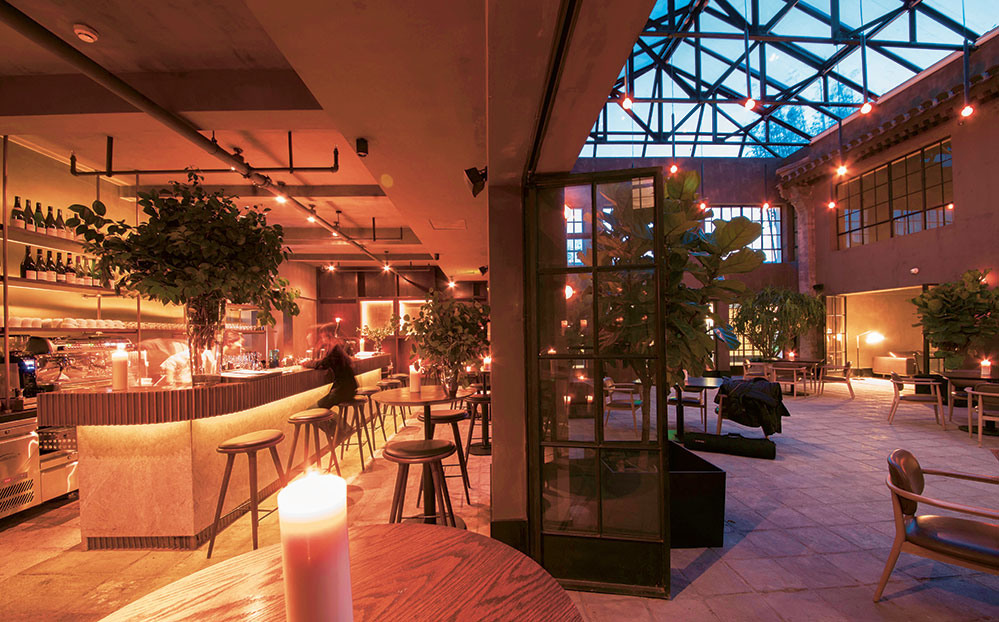
Temple Restaurant Beijing. No.23 SongZhuSi, Shatan Beijie, Dongcheng District, Beijing China. +86 10 8400 2232





